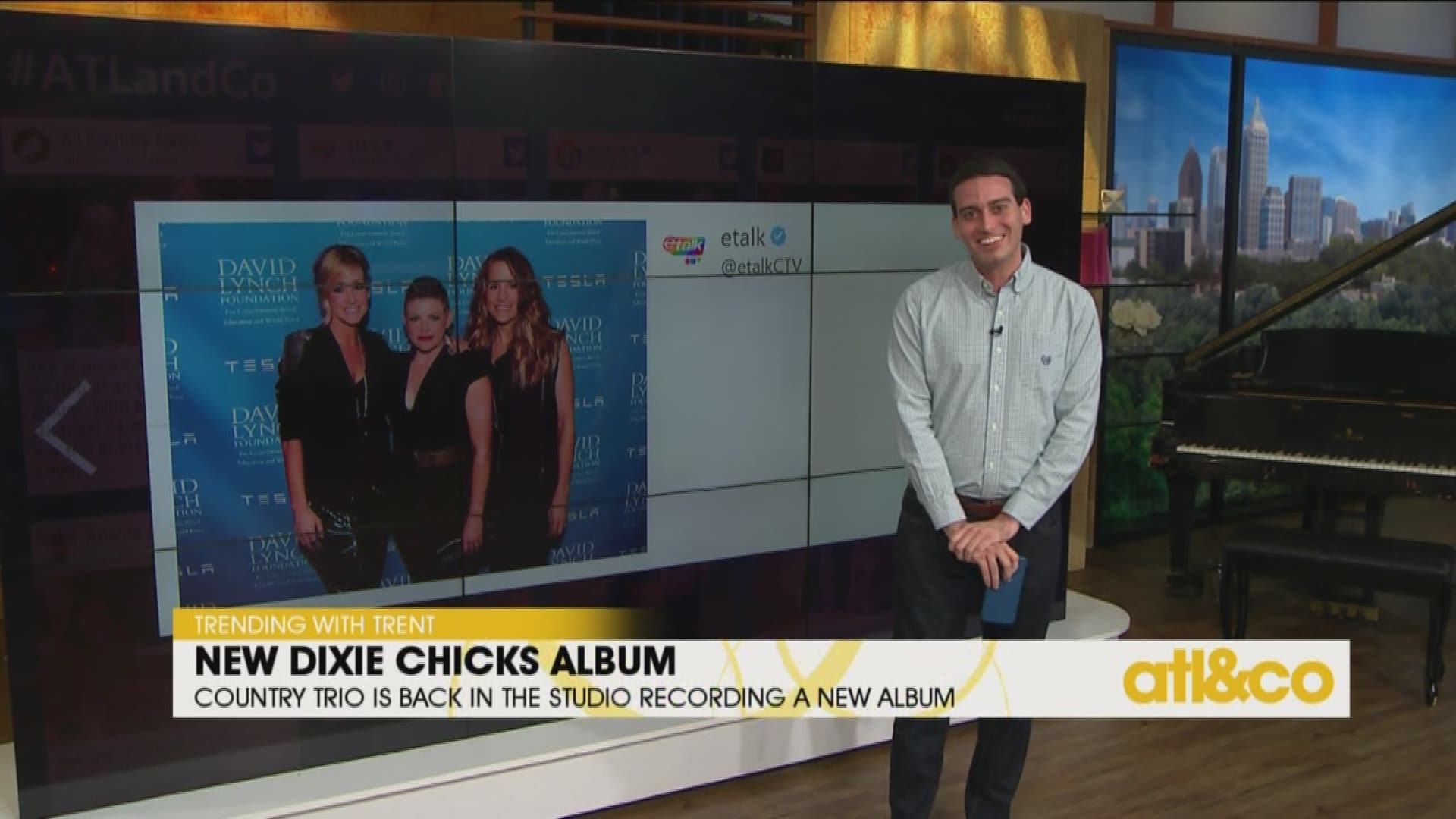ATLANTA — When country music trio formerly known as The Dixie Chicks decided to change their band name to The Chicks, many fans were left looking for answers.
As the group resurfaced after a 14-year hiatus, the move to drop “dixie” from their names comes as the band just released "March," a music video featuring current and historical protests.
The clip features features images of of people on the stands women’s rights, gay rights, and environmental.
Protesters featured in the video also included Black Lives Matter, and featured signs for the recent death of Rayshard Brooks, a man who was shot and killed by police.
So, why is the word 'dixie' offensive?
Well, according to Western Carolina University, the term was once used to describe Southern States in the U.S. during slavery.
In an article about the decline of the usage of the word “dixie” and the increase of the term “southern,” Christopher A. Cooper and H. Gibbs Knotts noted, “Dixie evoked the Old South of plantation agriculture, Southern the New South of commerce and industry."
He noted that the decline of the use of the word was a part of de-Confederatization of the South.
'Dixie' is also the name of a song that was considered an Anthem for the Confederacy. In an interview with NPR, Pulitzer Prize-winning writer Tony Horwitz reports the song had a resurgence with the white supremacy movement.
" 'Dixie' was part of the score of Birth of a Nation, the movie that helped revive the Ku Klux Klan. It was embraced by the segregationist Dixiecrats in the 1940s. And in the 1950s, it was sung by white women protesting the integration of schools in Arkansas and elsewhere."
The Chicks aren’t the only country band to switch gears on their name in light of recent protests, and social injustice.
Lady A, formerly known as Lady Antebellum, changed their name and apologized to its fans.
In a statement, the group said they had never fully considered the implications of their band name, which refers to the pre-Civil War slavery period in the South.
MORE HEADLINES

